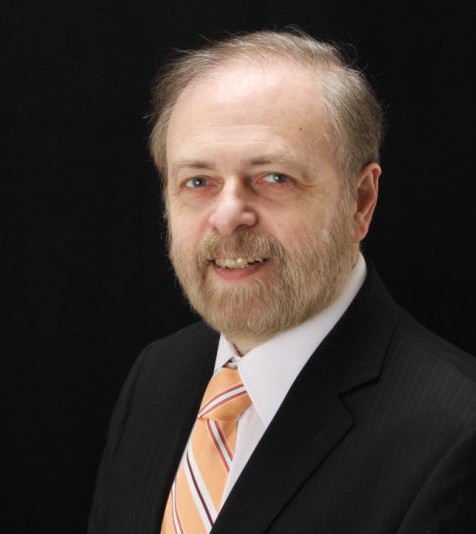By Rabbi Mordechai Levin
In several days we will celebrate Pesach, the holiday which commemorates our ancestors’ exodus from slavery in Egypt 3,200 years ago. We will gather at our homes for the Seder, and we will read the Haggadah, the book used to tell the story.
In the Haggadah we find different people from the Hebrew Bible, among them: Joshua, Abraham, Isaac, Jacob, Pharaoh, Moses, and Elijah. The text also mentions several rabbis from the Talmud: Eliezer, Joshua, Elazar ben Azaria, Akiva, Tarfon, Ben Zoma, Judah, Rabbi Yosei Hagelili, Rabban Gamliel, and Hillel.
Moses is described in the Torah as the man who helped to liberate the Jewish people, the law-giver who conveyed the commandments, the instrument of marvelous events, the one who talks face-to-face with God. But the Haggadah barely mentions him, accentuating instead the role of God as deliverer of the Israelites.
The traditional text refers to Moses twice, once indirectly and once by name. The first allusion to Moses is indirect. It is found in a midrash (rabbinic interpretation) of the verse: “The Lord freed us from Egypt by a mighty hand, by an outstretched arm and awesome power, and by signs and portents” (Deuteronomy 26:8). The midrash interprets ” ‘And by signs’: This is the rod, as it is said, ‘… And take with you this rod, with which you shall perform the signs’ (Exodus 4:17).” The “you” refers to Moses, to whom God is speaking in the mentioned verse.
The only explicit appearance of Moses’s name occurs in another midrash cited in the Haggadah. Rabbi Yosei Hagelili says that the Egyptians suffered more plagues at sea. As a proof text he cites the following verse: “And when Israel saw the great hand (meaning: great power) which the Lord had wielded against the Egyptians, the people feared the Lord; they had faith in the Lord and in His servant Moses” (Exodus 14:31). The ending of this verse is the only mention of Moses’s name in the Haggadah.
Given Moses’s importance in the exodus, why does the text downplay his role? There are two reasons.
The first one is that the Haggadah emphasizes liberation through an unmediated relationship between God and humanity. As the Haggadah describes it, ” ‘And the Lord took us out from Egypt’ (Deuteronomy 26:8): not by the hands of an angel, and not by the hands of a messenger, but the Holy One Himself.” There is no intermediary between God and us. There is no need for intermediaries.
The second one is that the Haggadah downplays Moses as part of an attempt to assure that he would not be magnified beyond human proportions, and that no cult of Moses worship would ever happen. We worship only God, not human beings.
Rabbi Elijah ben Solomon (1720-1797) commented on the verse “they had faith in the Lord and in His servant Moses” in this way: “This is not said in regard to the greatness of Moses, but on the contrary, in regard to the belief of Israel and the modesty of Moses, that they believed that God did all this. And Moses was only his servant like all creatures in the world, all of whom must do His will.” According to a midrash, Moses’ place of burial remains unknown “so that Israel would not go there and put up a Temple and make sacrifices and offer incense.”
Moses is not a prominent figure whom one must revere, but a humble servant of God who merely did God’s will, as we must do.
Moses did God’s will and taught great things, but Pesach is not about him. It is about the importance of freedom. It is about God’s deliverance, and about liberating ourselves from the personal bondage of habit and inclination. God can help us free others from their prisons, both physical and emotional. And God can help us free the world from hunger and conflict, and bring about a better world.
 is the rabbi of Congregation Beth Israel in Munster, IN. He received his rabbinic ordination from the Latin American Rabbinical Seminary, and is a member of the Rabbinical Assembly. In 2010, he was awarded an Honorary Doctorate of Divinity from the Jewish Theological Seminary in New York City for his years of dedicated service to the Conservative movement and the Jewish community...
is the rabbi of Congregation Beth Israel in Munster, IN. He received his rabbinic ordination from the Latin American Rabbinical Seminary, and is a member of the Rabbinical Assembly. In 2010, he was awarded an Honorary Doctorate of Divinity from the Jewish Theological Seminary in New York City for his years of dedicated service to the Conservative movement and the Jewish community...